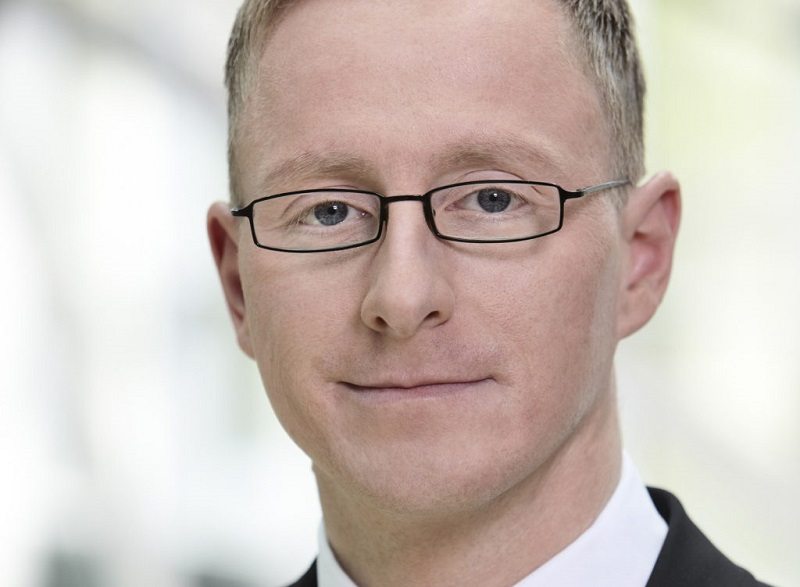The change, to 13% up from 11% in the previous quarter, was made in response to the return of market volatility in the early 2018, even though the firm’s long-term view on developed market sovereign bonds remains negative, according to Markus Mueller, global head of chief investment office at Deutsche Bank Wealth Management. The firm’s fixed income allocation continues to be underweight sovereign bonds and overweight investment grade corporate bonds.
“The highest risk comes from the fixed income portion in the portfolio,” Mueller told Portfolio Adviser sister publication Fund Selector Asia on a recent visit in Hong Kong.
It stems from the prospect of rising interest rates, which will affect mainly government bonds in the developed countries. “We still like emerging market credits, especially in hard currencies, to hedge the volatility of local currencies, which we have to cautiously watch, due to the strong US dollar,” he said.
The firm’s equity positioning remains unchanged since its previous outlook in December 2017, with an overweight in European equities and an underweight in US equities.
“We are still bullish on emerging markets in Asia over Latin America and on European equities over US equities,” Mueller said.
“Despite uncertainty driven by geopolitics, the fundamental situation of the global economy is still benign; nothing has changed in its character. We still have synchronised global growth. Export-oriented countries with intra-regional connections, like those in Asean, will profit from it.
“European equities would benefit from a weaker Euro,” he added.
Discretionary portfolios
Mueller is responsible for the house view that guides the firm’s discretionary portfolio managers (DPM) in Europe, Asia and the US.
Deutsche WM’s discretionary portfolio managers predominantly use individual securities in their clients’ portfolios, although they have the flexibility to use mutual funds and ETFs.
“In the late economic cycle, it is better to manage [client portfolios] based on single lines (individual securities) than on funds, because you can manage the risk in the portfolio more prudently,” Mueller said. “With single lines, you can more easily adjust the risk profile of the portfolio in a more tactical way.”
Actively managed bond funds, in particular, are used for smaller portfolios, in which a holding of a single bond would unduly concentrate the risk. Investments in certain less liquid asset classes, such as emerging markets, are also better implemented through managed funds.
Performance fees
Mueller said that his firm has seen an increased demand for performance-related fee models, chiefly among its clients in Europe. “From the clients’ point of view, its is okay to reward the manager when they generate positive returns and reduce the reward when they don’t meet the expectations,” he said.
This approach creates the hazard that portfolio managers will take too much risk in their clients’ portfolios in order to increase the likelihood of higher returns. “We have an independent investment quality team, which sits in a different part of the organisation, that reviews all the portfolios to guarantee the they are in line with the risk profile based on the contract we have with the client,” Mueller said.













